【新唐人2011年9月3日訊】英國「經濟學家信息社」(Economist Intelligence Unit)近日公布了一份關於「全球最適合居住城市」的報告,中國大陸有8個城市入選,北京排名最靠前。但是這一排名受到北京居民和各界的質疑,他們認為,北京在生活成本、交通、環境污染、基本人權等方面都比較差。藝術家艾未未還曾經指出:「北京是一個暴力城市」。
英國「經濟學家信息社」(Economist Intelligence Unit)發起的這項調查,每年進行兩次。根據8月30號發佈的最新一期報告,在全球140個參與調查的城市中,中國有8個城市上榜,北京排名最靠前,位列第72名。其他入選城市依次為:蘇州、天津、上海、深圳、大連、廣州、青島。
為此,《新唐人》採訪了北京居民和相關人士,發現人們對北京的看法和這份報告相差甚遠。
三聚氰氨毒奶粉受害兒童家長、「結石寶寶之父」趙連海:「北京這個城市,表面上看,非常的所謂現代、發達。但是實際上,普通的老百姓在這個城市裡居住,實際上是要忍受非常多的委屈的。這個城市在我來看,只有些特權人士、一些富翁在這個城市裡,能夠得到一些基本正常的對待,而普通老百姓是不行的。」
根據北京統計局公布的數字,截至2010年底,北京市機動車擁有量已經達到480萬輛,交通擁堵嚴重,為此,北京當局被迫長期採取單雙號出行的措施。而今年(2011年)4月份,北京沙塵嚴重,空氣質量嚴重不達標。
北京市的總人口更是已經高達近2000萬,其中,有超過500萬的外來打工者,北京超高的房價使很多人被迫進行「蝸居」。
北京居民,剛剛獲得自由不久的藝術家艾未未,近日在美國《新聞週刊》網站上發表文章指出,北京是一座暴力城市,一個揮之不去的惡夢。
他表示,在這座「權力和金錢」的城市中,政府官員、大企業負責人燈紅酒綠,盡享榮華富貴,而數以百萬計的農民工從事修橋、鋪路、蓋樓等重體力勞動,卻住在破陋的房屋中,生活得不到基本的保障,他們就像是北京的奴隸。
北京,作為中國的首都,長期以來被當局嚴格管制,對於現在的北京是否適合居住,土生土長的北京市民周中表示,每到所謂的中共敏感日,滿街的警察和戴紅袖標的人,讓人看了覺得很恐怖。而且在一黨獨裁之下,北京的生存環境越來越惡劣,根本沒有改善的希望。
北京市民周中:「(中共)政府不說了嘛,中國老百姓『素質比較低』,連民主、人權都沒資格享受,連普選都沒資格享受,所以,空氣質量等各方面當然相應(標準)也要降低了,因為中國人是屬於那個三等人,在國際上,中國共產黨、中國(共)政府就給(中國老百姓)定義成三流人了。」
從1989年的64事件、到1999年開始的迫害法輪功,中共當局在北京的殘酷鎮壓,使這個古都充滿殺戮與血腥。近年來,北京當局又對維權與上訪人士強力打壓,維權律師高智晟、許志永、江天勇、滕彪等人紛紛被抓捕,為愛滋病患者呼籲的胡佳被判刑、毒奶粉受害兒童家長趙連海也被判刑。甚至,身為藝術家的艾未未也被抓捕、非法關押長達兩個月。
湖北訪民劉玉傑:「北京呢,現在居住就是有錢有勢的人可以,你普通老百姓,真的在那裏就沒有生存的地位。我在北京住了10年,就是因為有了上訪這個事情,房東都不敢讓我住那裏了。」
自6月中旬開始,北京市有近30所打工子弟學校相繼被當作違章建築、遭遇當局「強拆」,數萬學生面臨失學的困境。
新唐人記者常春、李謙、蕭宇採訪報導。
Is Beijing the Best Domiciliary City?
The UK-based Economist Intelligence Unit recently
published a report on the most suitable cities for domicile,
with eight Chinese cities listed, including Beijing,
which leads the way.
However, the list is widely questioned by the Chinese people,
who believe Beijing still leaves much to be desired,
in terms of living costs, transportation, pollution and
basic human rights.
Artist Ai Weiwei once pointed out: “Beijing is a violent city.”
The survey by the Economist Intelligence Unit
is conducted twice annually.
According to its latest report released on Aug. 30, among the
140 cities polled globally, there are eight Chinese cities,
with Beijing ranked at No. 72, followed by Suzhou, Tianjin,
Shanghai, Shenzhen, Dalian, Guangzhou and Qingdao.
NTD reporters interviewed some Beijing residents and
other related people and found that
their responses are quite different from this report.
Zhao Lianhai, parent of tainted milk powder victim, said:
“Superficially, Beijing is a rather modern and advanced city,
but in fact, ordinary folks living in this city actually
suffer from many miseries.
In my opinion, only those people of privilege or the wealthy
people living in this city can live a normal life,
but the everyday people cannot.”
The official Beijing statistics show that by the end of 2010,
there are 4.8 million vehicles registered in Beijing,
causing a serious traffic jam problem in Beijing.
To alleviate the problem, Beijing authorities implemented
a long-term policy of allowing the vehicles to run on the street
on either the odd or even date according to their plate number.
In April 2011, sand storms stroke in Beijing,
causing the air quality to be below standard.
The population in Beijing is near 20 million,
with 5 million migrant workers.
The skyrocketing housing prices have caused many people
to have to live in a tiny space.
Beijing resident, recently freed artist Ai Weiwei recently
published an article on the Newsweek,
indicating that Beijing is a city of violence
and a lingering nightmare.
Ai Weiwei said that in this city of “power and money”,
government officials and business CEOs live a luxurious life,
but millions of migrant workers, who are engaged in
the laborious work of building bridges, paving roads,
and constructing high-rises, live in wretched bungalows.
They behave like the slaves in Beijing
without a basic social security.
As the capital of China, Beijing has long been subject to
the tight control of the authorities.
As for whether Beijing is a suitable domicile,
a native Beijing resident Zhou Zhong said that
on every single sensitive day, police and guards fill
the streets, giving people a feeling of terror.
Under the one-party dictatorship, the living environment
in Beijing is ever deteriorating,
without any hope for improvement.
Beijing resident Zhou Zhong: “The authorities say that the
Chinese have 『inferior quality』 and cannot enjoy democracy,
human rights or election.
So, the air quality standards also need to be scaled down
accordingly, because Chinese are categorized as the 3rd class.
In the international community, Chinese Communist Party
(CCP) has already placed us Chinese folks to the 3rd class.”
From the Tiananmen massacre in 1989 to the persecution
of Falun Dafa practitioners in 1999,
the CCP regime has carried out brutal suppressions in Beijing,
causing this ancient capital city to be filled with blood.
Recently, the Beijing regime held a high-handed policy
towards rights activists and petitioners.
Many rights lawyers including Gao Zhisheng, Xu Zhiyong,
Jiang Tianyong, and Teng Biao have been arrested.
Hu Jia, an advocate for AIDS victims, and Zhao Lianhai,
parent of the victim of tainted milk powder,
have been sentenced.
Even the renowned artist Ai Weiwei
was illegally detained for two months.
Petitioner Liu Jie from Hubei: “In Beijing,
people having power or money can live there.
The ordinary folks will have no place to survive there.
I have lived in Beijing for 10 years,
but because of my petition activities,
no landlords dare to rent any places for me to stay now.”
From mid June 2011, there are over 30 schools for the
children of migrant workers forcibly torn down
by the authorities for the reason of violating the zoning law,
causing tens of thousands to be deprived of education.
NTD reporters Chang Chun, Li Qian and Xiao Yu
看下一集
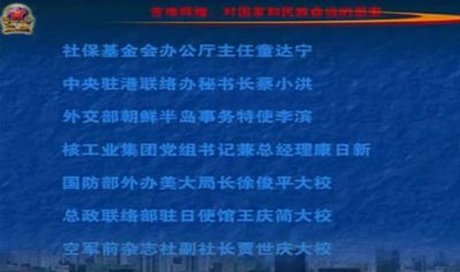
【禁聞】間諜視頻引各國關注 環球時報滅火
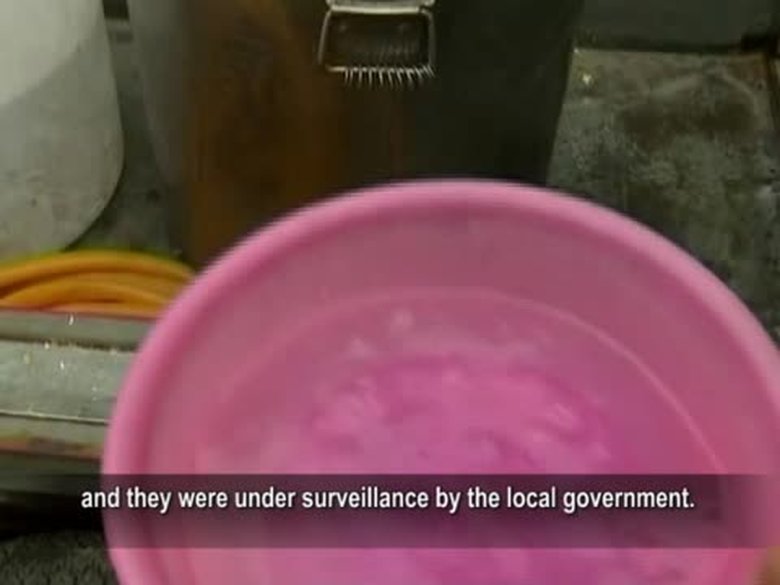
【禁聞】我們要讀書:民工子弟夢碎北京
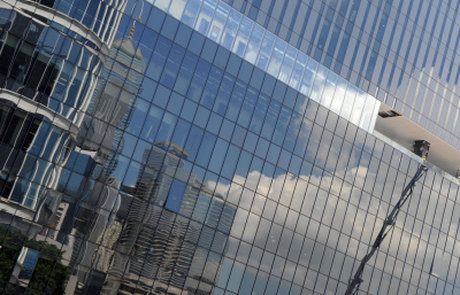
【禁聞】中國政治與經濟制度 沙灘大廈之危

【禁聞】中資12億美元收購美棒球隊
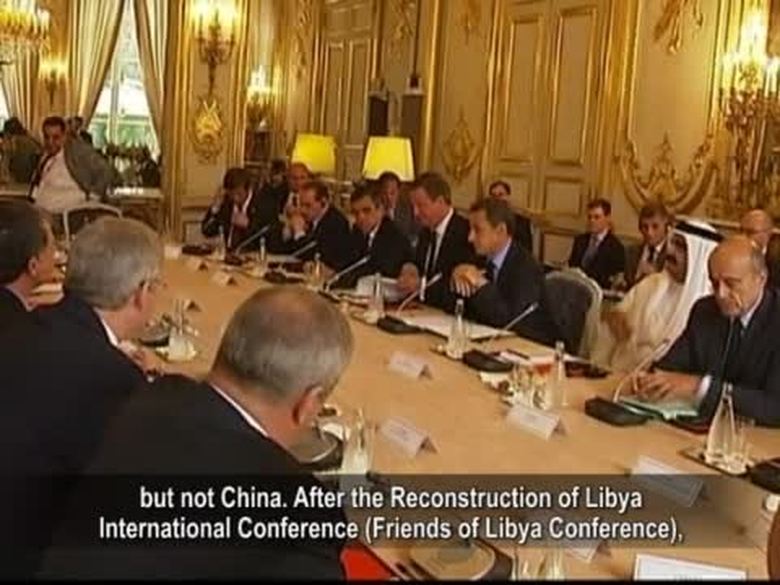
【禁聞】利益掛帥 外媒稱中共「變色龍」
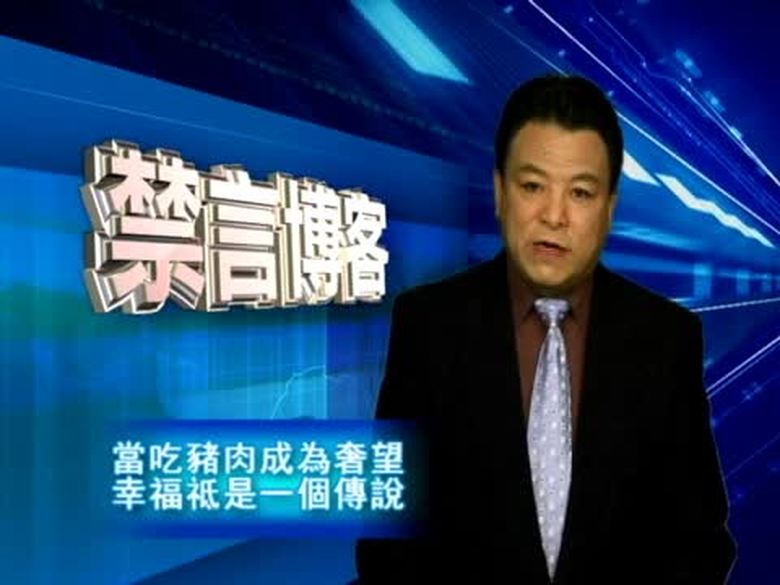
【禁言博客】當吃豬肉成為奢望

【禁聞】《賽德克.巴萊》 兩岸影評大不同
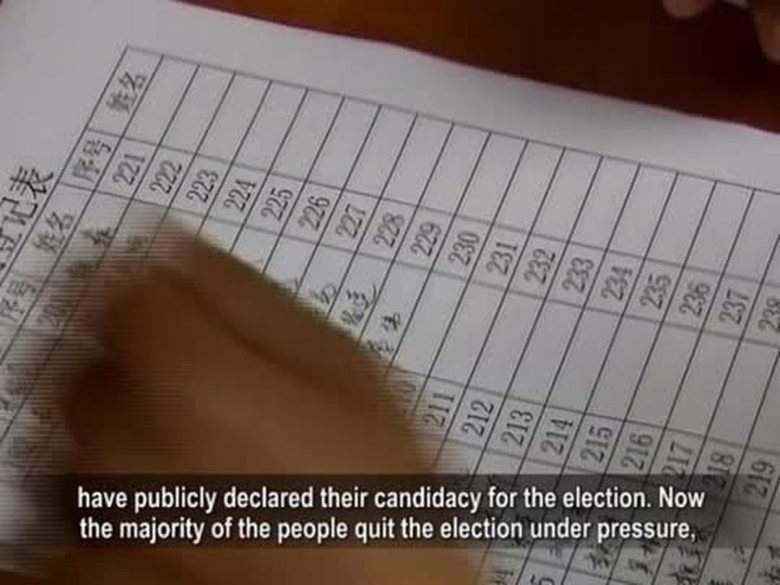
【禁聞】不怕打壓 異議人士投入大選舉
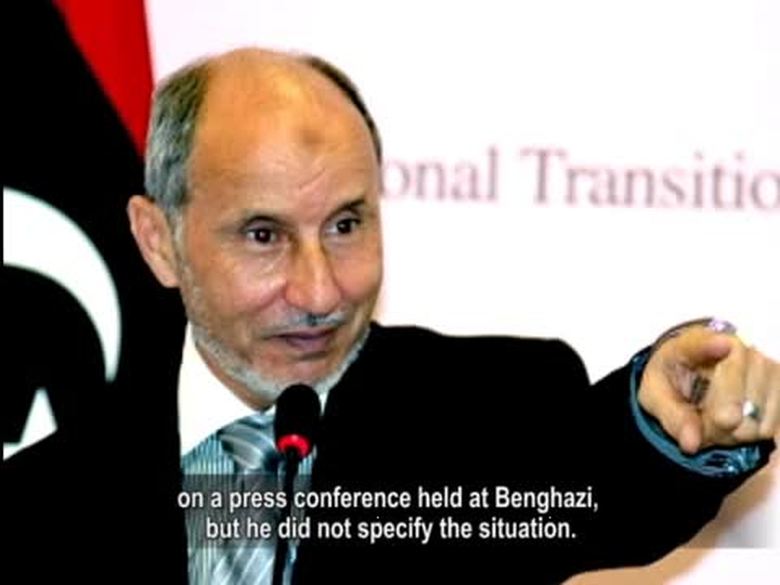
【禁聞】「騎牆外交」 利斥中共阻解凍資產
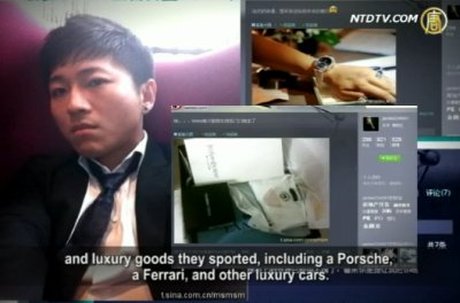
【禁聞】「八萬哥」一餐8萬 上中央黨校吃喝

【禁聞】美電揭中共內鬥 溫任內難有作為
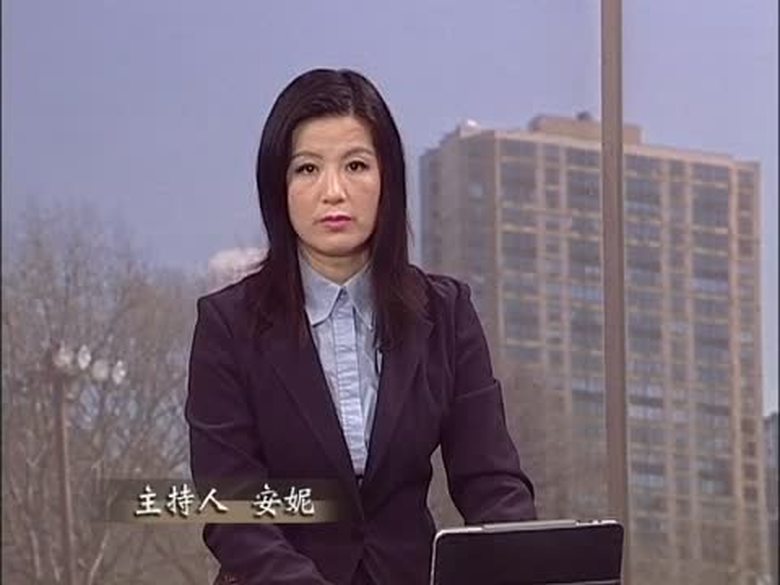
【禁聞論壇】溫家寶的尷尬

【禁聞】中共出售軍火給卡扎菲 外交部否認
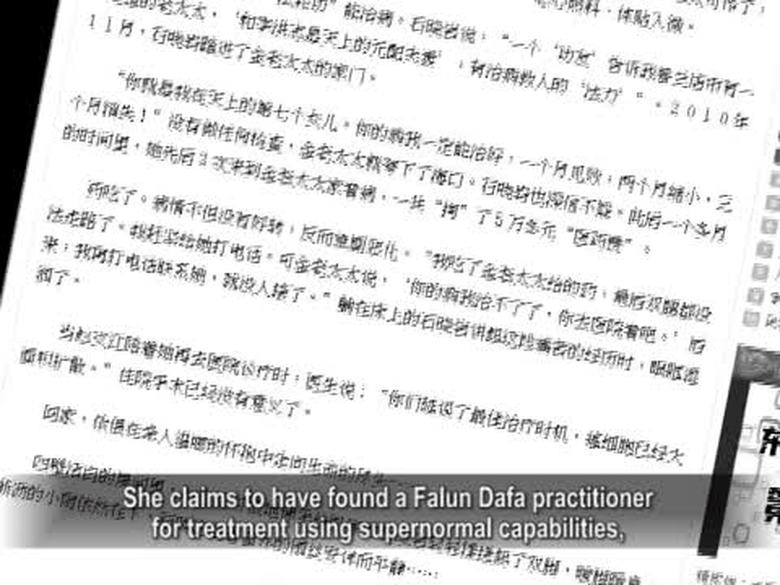
【禁聞】中共再詆譭法輪功 借迫害轉嫁危機
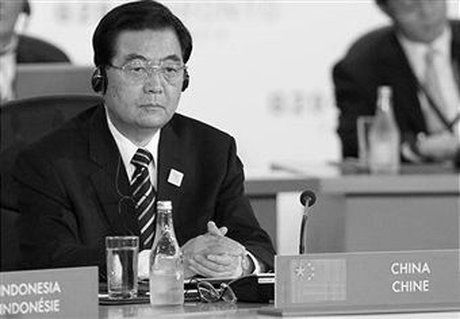
【禁聞】切尼:與胡錦濤對話 李肇星“監視”
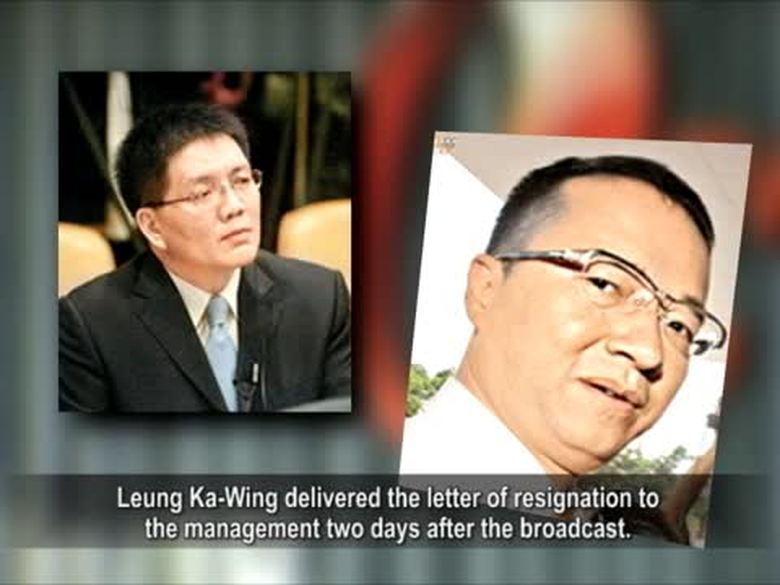
【禁聞】江澤民死訊餘波未了 亞視大地震








